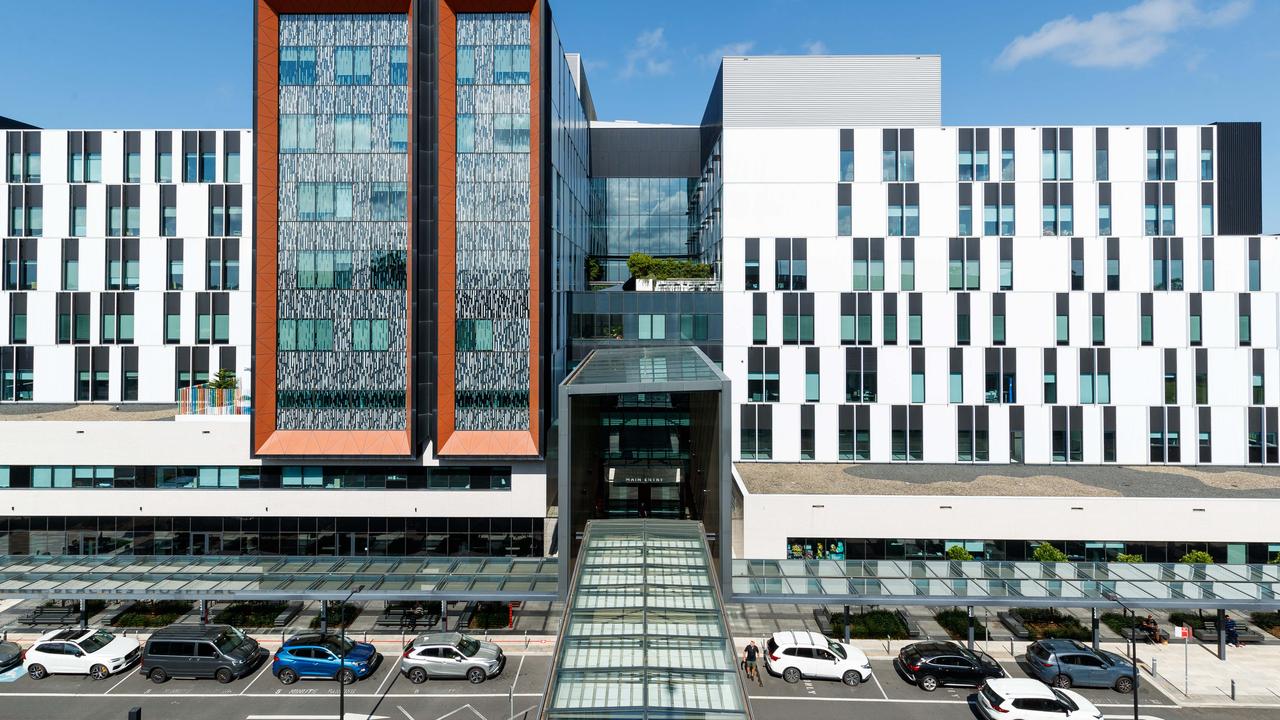Two more major building firms collapse in Western Australia
Another two construction companies have gone bankrupt due to labour shortages and increasing construction expenses.
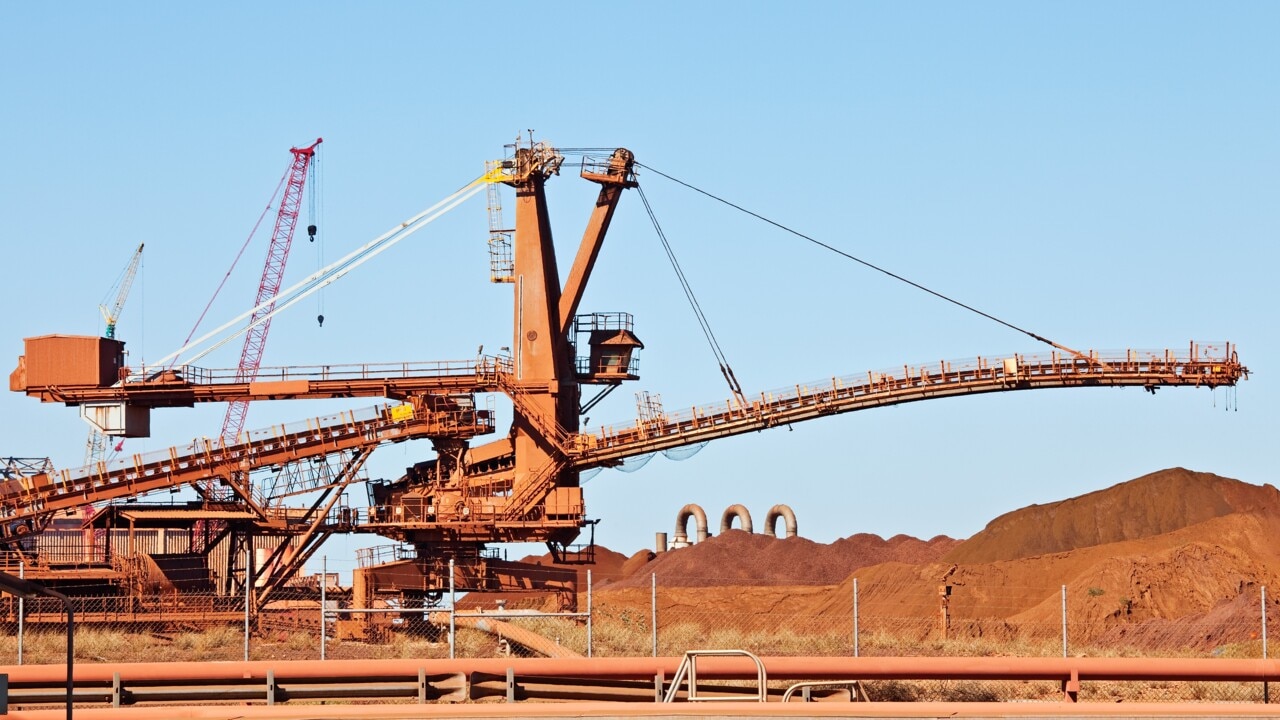
Another two more construction companies in Western Australia have gone under due to labour shortages and increasing construction costs.
WA Housing Group, founded in 2019 and focused on custom builds and remodelling, was forced into liquidation on December 7, while Individual Developments WA (IDWA), which had prior agreements with the Department of Housing and Communities, has also collapsed.
WA Housing group reportedly owes around $1 million to crediors and has 13 unfinished projects.
Liquidator Mathieu Tribut, from GTS Advisory, told The West Australian that both companies ran into trouble as constuction costs rose while they were tied to fixed-term contracts.
“The reason (WA Housing Group) ceased trading is because they were, in my view, trading whilst insolvent and they were incurring losses every month so they had no choice but to close down the door,” Mr Tribut said.
“They took a bank loan, everyone lost, even themselves.”
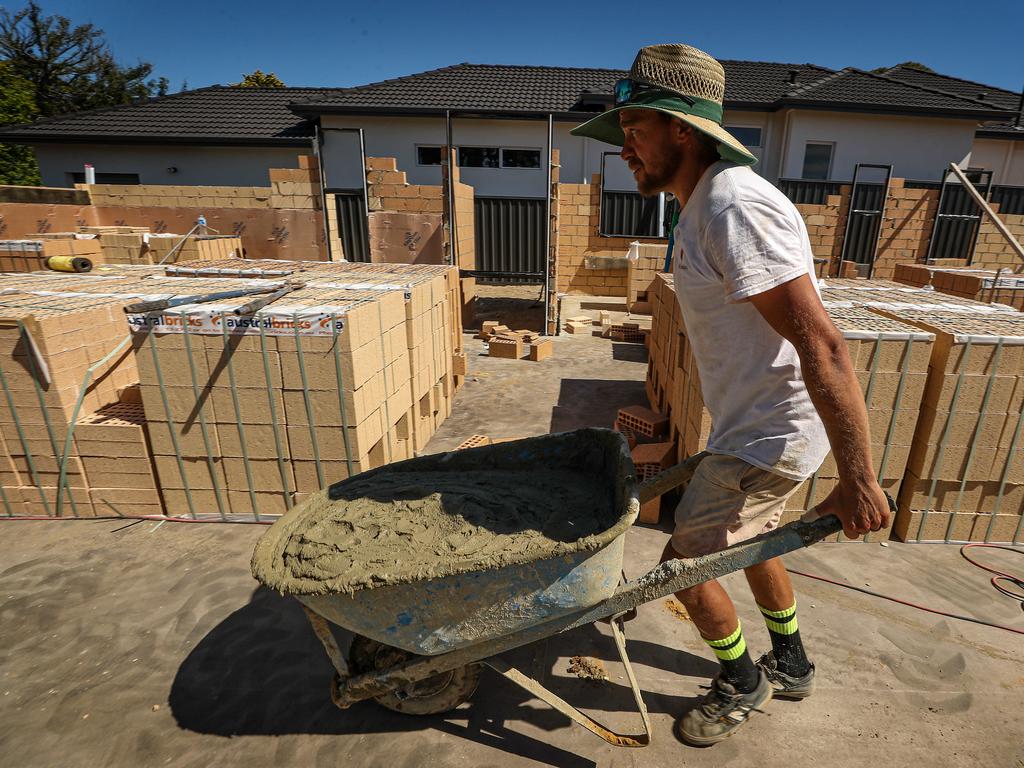
Individual Developments attempted to renegotiate a contract with the Department of Housing and Communities, but a compromise on the new price could not be reached.
The company was contracted by the state Government to build a $2.4 million social housing development.
That project was practically completed in December 2021 but still requires some work.
A WA Government spokesman said the Department of Communities had been in touch with IDWA and will work with the State-Wide Builders Panel to reassign these properties and complete them.
“Prior to being advised of the appointment of liquidators, the Department has been in regular communication with IDWA regarding progressing their active projects and the documentation required to substantiate their claim under the builder support package,” the spokesman said.
“The State Government works to support the industry and works closely with contracted residential builders in the current construction market while ensuring sensible and appropriate expenditure of taxpayer funds.”
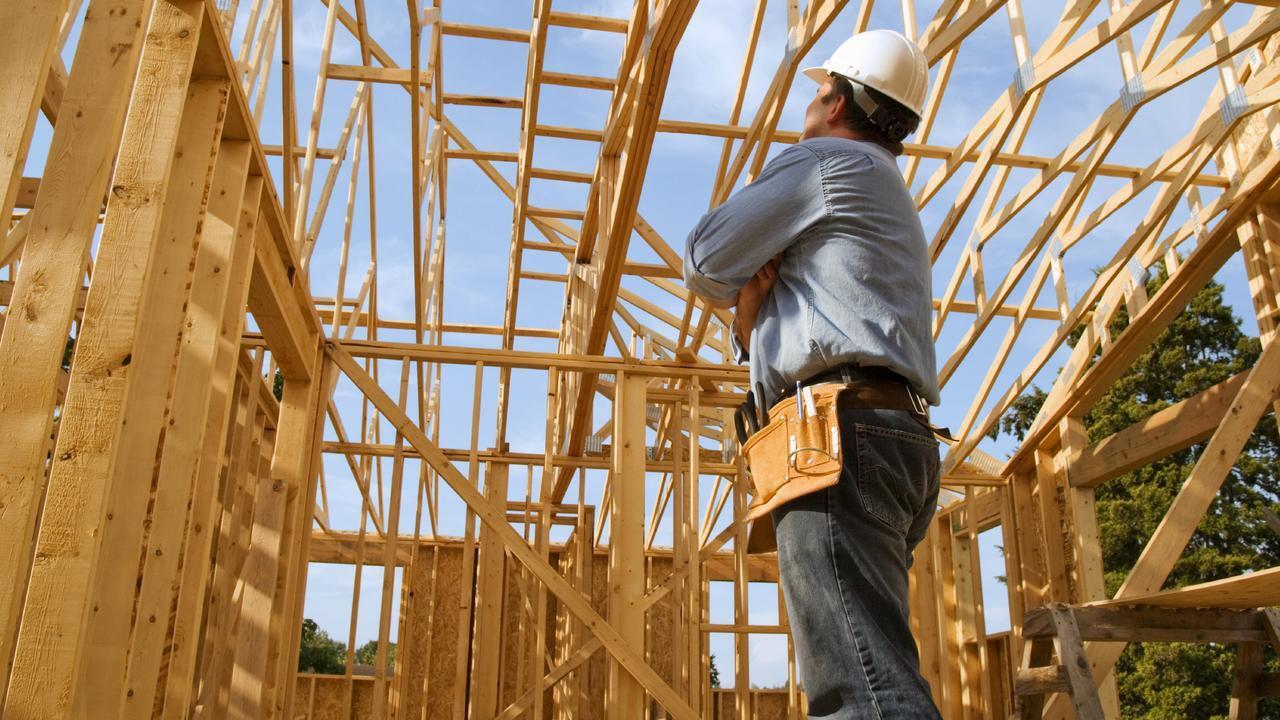
The news follows a horror year for the industry, with West Australian business FIRM Construction one of many to fall into administration by November 2022.
Director Mark O’Gorman said the business had been doing everything it could but failed to pull through the financial challenges of 2022.
The industry is facing major problems from a steep rise in costs to labour and material shortages that have slashed profits on existing fixed-price contracts.
“We have been closely engaged with the Department of Finance in the past few weeks to ensure our approach is aligned in terms of how best to deliver on our public sector projects, and we hope that process will continue while we are taking steps to restructure the company,” he said via WA Today.
“It is unfortunate that five projects awarded by the State Government between 1 July 2021 and May 2022 did not qualify for any financial relief for the significant cost escalations they incurred.”
The Reserve Bank of Australia has warned more insolvencies are likely in the residential construction industry as builders struggle with rising costs.
Some large firms have already entered into insolvency over the past year including Probuild, Condev Construction, Pivotal Homes, Waterford Homes, New Sensation Homes, Privium, Home Innovation Builders and Pindan Group.
“Overall, construction company insolvencies have increased sharply, exceeding their pre-pandemic levels and accounting for close to 30 per cent of all company insolvencies,” the RBA said in its twice-yearly financial stability review.
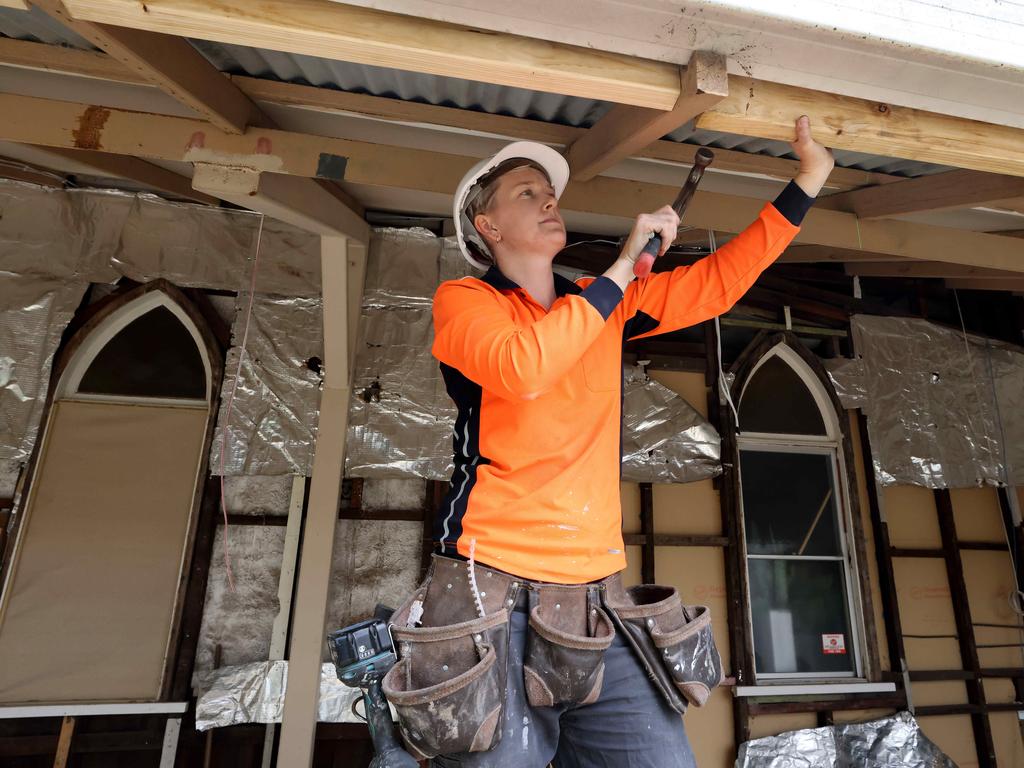
“More recently, the increase in interest rates has begun to raise debt-servicing costs for many firms, adding to financial pressures.”
The RBA warned further increases in insolvencies were likely.
“While the direct implications for the financial system are limited because banks have very small exposures to builders, there is potential for financial stress to spread to other businesses within the broader construction industry and to some households,” the RBA said.
Builders usually offer housing contracts at a fixed price with plenty of lead time, but since the start of last year the cost of materials has gone up more than 20 per cent.
“As such, profit margins for existing fixed-price contracts have compressed substantially, and builders are now making losses on some contracts,” the RBA noted.
“Ongoing delays as a result of supply-chain disruptions, inclement weather and illness-related workers’ absences have resulted in further increases in costs and have delayed when payment milestones are reached.
“According to industry contacts in the Bank’s liaison program, construction delays for detached homes are currently around 12 weeks on average – and much longer than this in some instances.”

